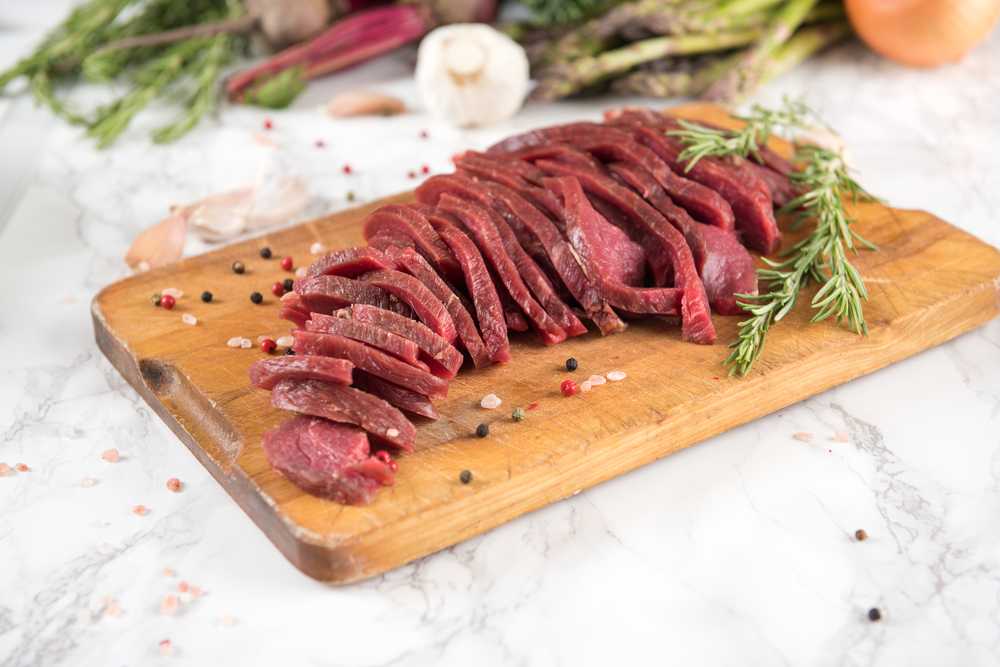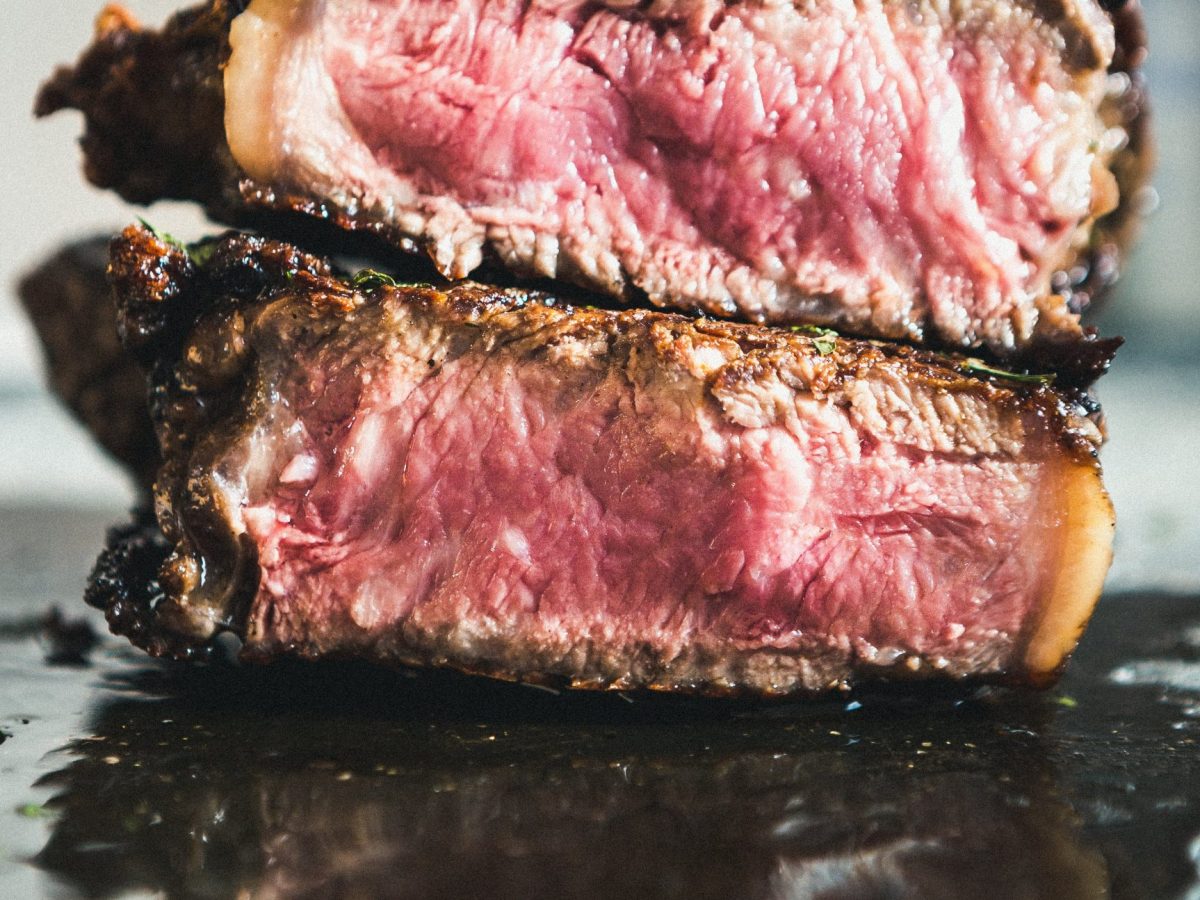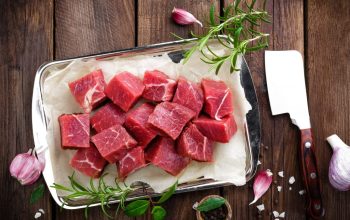Bison has one of the highest protein concentrations of any meat type. Bison meat has a fat content of a minimum of 90% lean makes it obvious that it is protein-dense meat. Bison meat can be a wonderful alternative for those looking to maximize the protein in their meat.
Bison meat’s nutritional advantages may provide several health benefits when taken in proportion as part of a healthy and balanced diet. This also maintains a proper BMI and provides sufficient muscular strength.

Bison Meat Composition
Fat:
Compared to other meats such as beef or pork, bison meat for sale is low in fat and calories, but it has the required fat content for a healthy diet.
Nutrition:
The bison meat has a texture, flavor and looks comparable to beef, yet it is leaner and more nutrient-dense. Bison has fewer calories, fat, and saturated fat than beef. Protein, iron, omega-3 fatty acids, and some vitamin B are all present in this meat. B vitamins are involved in a variety of biological functions throughout your body, including the creation of energy and neurochemicals, as well as the development of red blood cells.
Bison is a great provider of selenium and zinc, as well as a strong supply of iron. These three minerals are necessary for a variety of bodily activities.
Iron is required in your diet for the better production of red blood cells. Zinc boosts your immune system and helps you recover from a range of illnesses. Selenium is an antioxidant that guards against oxidative stress, described as a chemical imbalance between free radicals and antioxidants that can lead to tissue damage and disease.
Protein:
Bison meat for sale sold in shops would be able to meet all your amino acid requirements; thus, bison is a great method to include a high-bioavailable protein source in our diet. It contains a protein composition of about 24 grams each meal, making it a fantastic source of high-quality protein.
Challenges in procuring Bison Meat:
- Bison is significantly more expensive than conventional foods like beef and pork.
- Bison can be more difficult to come by than other red meats due to a scarcity of supplies.
- Bison is more difficult to get by, so you may need to look for local vendors. But if you can procure from your local shop at a reasonable price, then you have hit the jackpot.
- Bison that has been overcooked can become dry, rough, and chewy.
Conclusion
By substituting bison meat in your meal for other fattier portions of meat or other meat options, you could still be able to acquire the same number of nutritional benefits while consuming fewer calories altogether, which can be a good option for people who plan on losing weight or maintaining their body posture yet sticking to meat option.
You can go for any nearest locations and grab your next alternative meal option.





